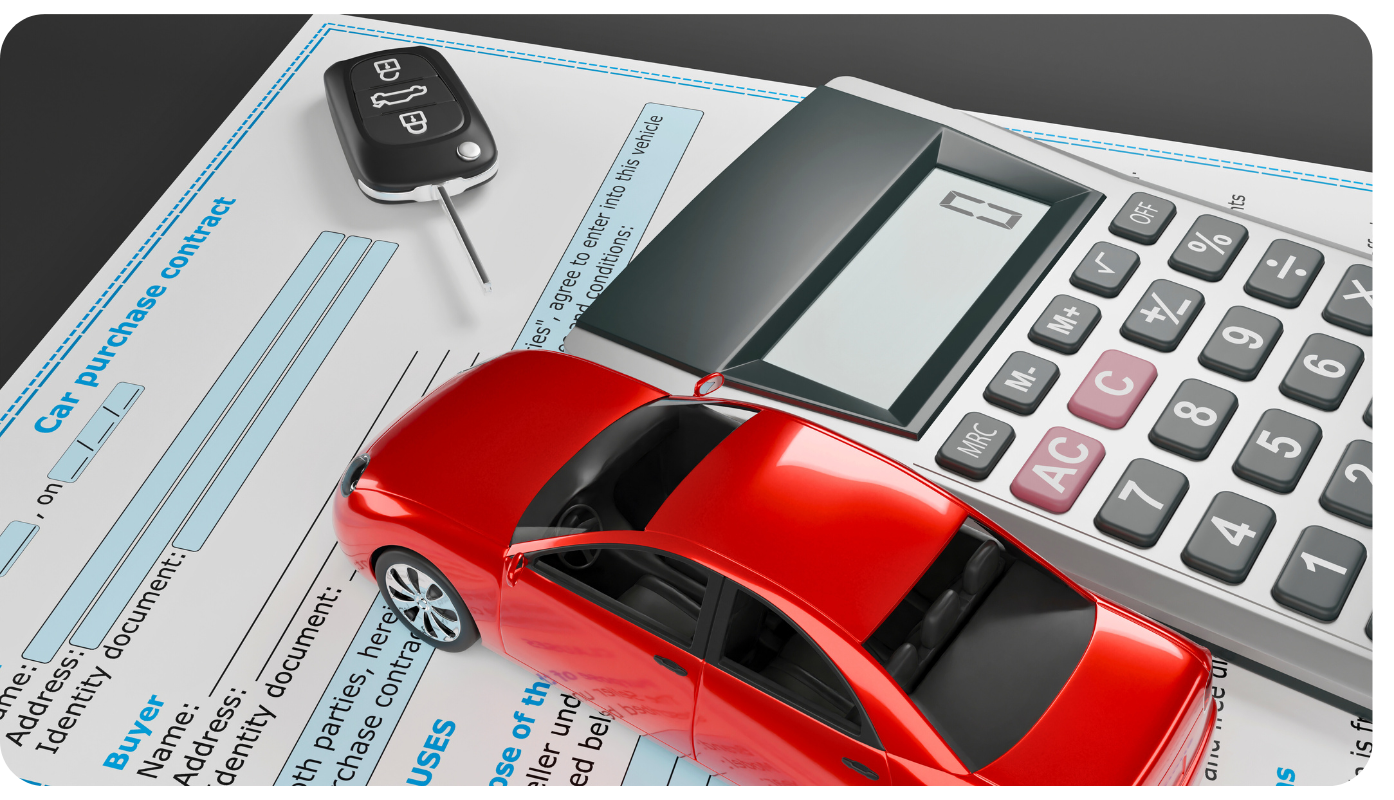
Buying a new car? Learn the essentials of car insurance and extended warranties. Discover how to compare car insurance quotes and find the right coverage fo

Buying a new car? Learn the essentials of car insurance and extended warranties. Discover how to compare car insurance quotes and find the right coverage fo
Buying your first new car feels wonderful. You get the new-car smell, a clean odometer, and the confidence of factory reliability. The spending doesn’t stop at the sticker price, though. Protecting your investment matters just as much as buying it.
This new car buyer’s guide covers two essentials for first-time owners: car insurance for new car buyers and extended warranties for new cars. These protect you on the road, and they protect your wallet when life gets messy.
We will break it into two parts. First, insurance. Then, extended warranties. Thereafter, we will compare car warranty vs. insurance so you know how they work together.
Most places make it mandatory to get car insurance. Almost every state requires at least liability insurance to drive legally. If you fail to comply, you may face fines, license troubles, and significant expenses if you are involved in an accident.
Take a moment to imagine you accidentally hit a luxury SUV at a stoplight. Without insurance, you would have to pay for the repairs and any medical expenses yourself. That might cost tens of thousands of dollars. One error like that might deplete your savings.
If you took out a loan to buy your car, your lender will also make you carry full coverage. This usually includes liability, collision, and comprehensive insurance. The bank still “owns” part of the car until you pay it off, so they want it protected.
In short, insurance keeps you legal and protects your money from accidents and unexpected events.
When you shop for your first policy, you will see a handful of coverage types. Understanding each one helps you buy the right protection without paying for fluff.
Here is what each option means.
For a brand-new car, collision and comprehensive do the heavy lifting. Without them, a single accident or theft can turn into a budget crisis.
First policies can feel expensive. The positive news is that you can cut costs and still keep strong protection.
Use these practical first-time car insurance tips.
Review your policy every 6 to 12 months. Rates can change, meaning that the best car insurance available for new car buyers today may not provide the best value in the future. Treat this section as your quick new car insurance guide so you buy with confidence.
Every new car buyer’s guide will mention the factory warranty, and for good reason. It comes standard with your purchase and usually covers defects or failures for about 3 years or 36,000 miles. Some automakers stretch the term further for powertrain components, but eventually, that coverage runs out.
Once the manufacturer’s warranty ends, repair bills are all yours. That’s when an extended warranty for new cars, often called a vehicle service contract, steps in. It bridges the gap between the end of factory protection and the start of your responsibility.
Both serve a purpose, but only one protects you long term.

Why pay more for a car that already looks like it can take a bullet? Even brand-new cars will need expensive repairs at some point. Extended coverage is meant to keep you from having to deal with unexpected costs and make owning a car less stressful.
Simply put, having an extended auto warranty is important because you never know when you might need it.
Not all warranties are equal. Some are designed to protect your wallet, while others are full of exclusions that only benefit the provider. Before signing anything, pay attention to the details.
These checks can make the difference between a smart purchase and wasted money.
When you’re buying your first car, it’s easy to confuse insurance with a warranty. They might sound similar, but they cover very different kinds of risk. Think of them as two layers of protection, each one protecting a different part of your wallet.
Car insurance for new car buyers handles the obvious stuff: accidents, theft, and liability. It keeps you safe on the road and protects you if something goes wrong, such as a tree falling on your parked car or the other driver running a red light.
Extended warranties, on the other hand, cover things that insurance doesn't. They cover problems with electronics, mechanical parts, and parts that break down after your warranty runs out. That touchscreen that suddenly quit working, or the hybrid battery that won't charge? This is where an extended warranty can save you a lot of money.
Here’s a simple way to see the difference in action:
Without insurance, an accident could leave you with huge bills, or worse, legal trouble. Without a warranty, a single breakdown could wipe out your savings. Together, they cover nearly every financial risk of owning a car.
The takeaway? Car insurance keeps you covered from the unexpected on the road. Extended warranties protect your car when parts and systems fail. Layer them both, and you can drive with confidence, knowing your investment is safe from almost anything that might happen.
Buying your first car is a big deal, but it’s easy to make mistakes that cost money. This part of the new car buyer’s guide is about keeping your car and your wallet safe.
Following these steps will help you avoid common mistakes and make owning your first car less stressful. Your car is worth something. If you treat it that way, you'll feel good about driving off the lot.

Even with a new car insurance guide in hand, many first-time buyers fall into traps that cost them later. Here are the biggest ones to avoid:
Avoiding these pitfalls keeps you from repeating the mistakes so many first-time buyers regret.
Your new car isn't just a way to get around; it's an investment and, for some, a milestone. It should be non-negotiable to protect it.
If you buy a new car, car insurance will protect you from accidents, theft, and liability.
Extended warranties protect you from expensive mechanical problems that happen after the manufacturer's warranty runs out, which can save you from a financial nightmare.
They work together to protect your money and give you peace of mind so you can enjoy your car instead of worrying about it.
Your purchase won't feel like a financial risk if you have the right amount of insurance and warranty coverage. It will feel like what it is: your first big step toward owning a car, with built-in security.

Live quotes in <10 seconds

Best-price guaranteed
5K+ customers trust us